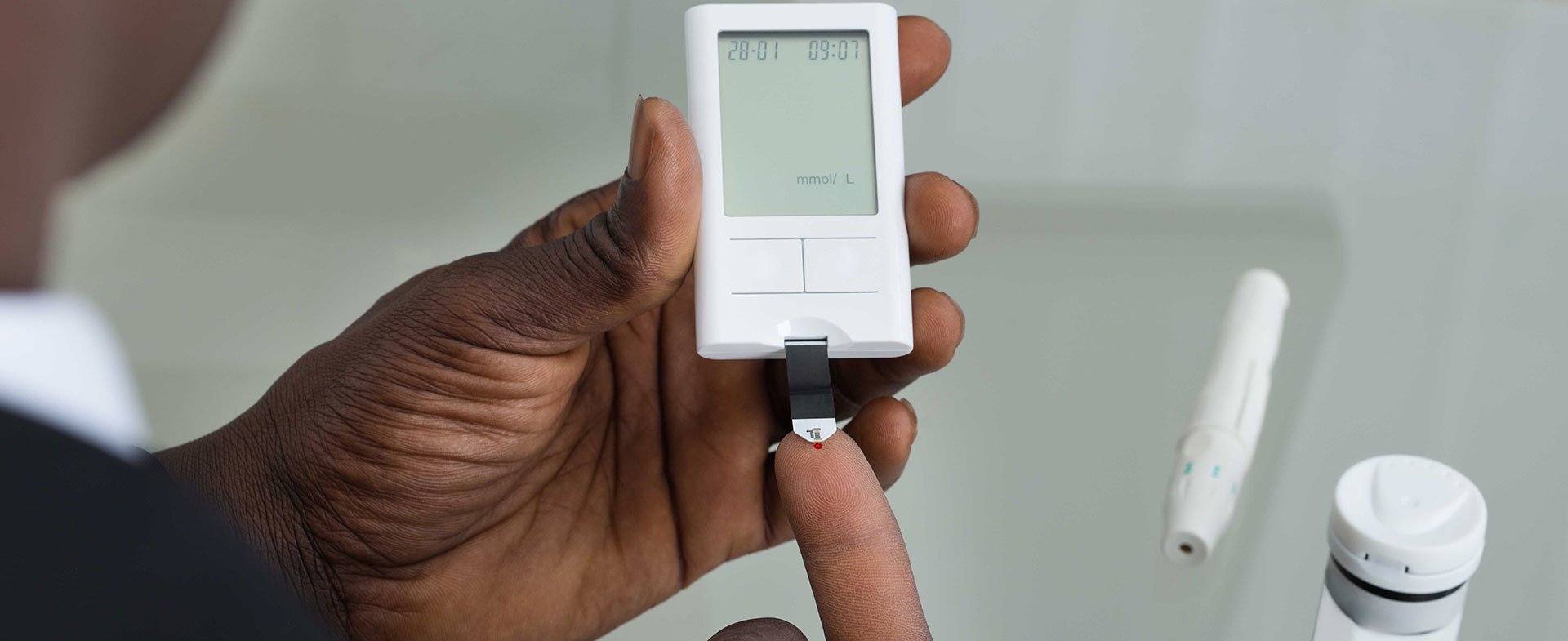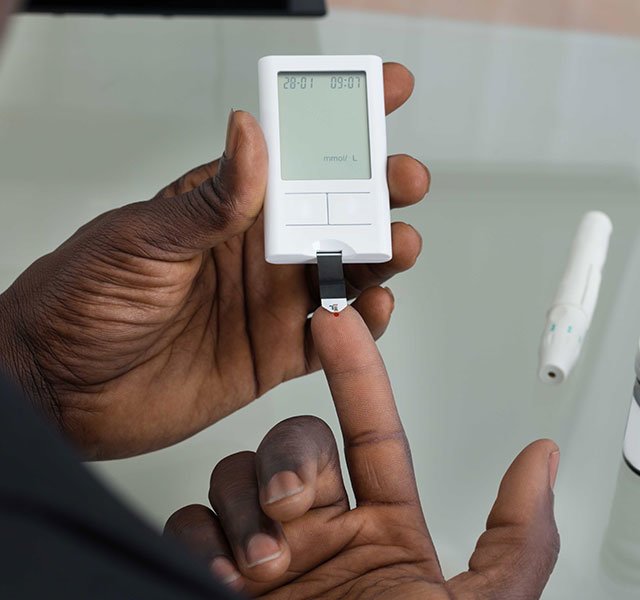How well do you know the difference between Type 1 and Type 2 diabetes? While the conditions may be similar, the causes and treatments for each are very different.
Type 1 diabetes is an autoimmune disease often diagnosed in children, teens and young adults, although it can be diagnosed at any age. Type 2 diabetes, however, is more commonly diagnosed in those who are 45 years of age and older. In recent years, Type 2 diagnoses among younger people have become more common than in the past.
“Type 2 diabetes is a condition in which your body is still making insulin, but your body is insulin resistant. Insulin is necessary for blood sugars to enter cells, so being insulin resistant means your body doesn’t handle blood sugars very well,” said Arti Bhan, M.D., an endocrinologist who specializes in diabetes care. “On the other hand, Type 1 diabetes is a condition in which your pancreas either does not make insulin at all, or doesn’t make enough insulin. This lack of insulin causes your blood sugars to elevate.”
To test your knowledge of Type 1 and Type 2 diabetes, see if you can answer these true and false questions correctly.
True or False? Insulin injections are only used to treat Type 1 Diabetes.
FALSE. “Someone with Type 1 diabetes will always require insulin injections, because their body produces little or no insulin, but someone with Type 2 diabetes may require insulin injections as part of their treatment plan as well,” said Eileen Labadie, Henry Ford Health diabetes education specialist. “Type 2 diabetes is more commonly treated with healthy lifestyle modifications and medication, such as Metformin.”
True or False? Type 1 Diabetes is far less common than Type 2 diabetes.
TRUE. The estimates show that more than 29 million people have some form of diabetes, but Type 1 affects only around five percent of all people with diabetes in the United States.
In addition to the number of people diagnosed with Type 2 diabetes, there may be many more people with the condition who don’t know they have it. The symptoms are often subtle and develop over several years, so the condition can go unnoticed for a long time.
“To avoid developing Type 2 diabetes, people should avoid processed foods and aim for 150 minutes of moderate exercise per week,” Dr. Bhan added.
She also recommends that those at risk for developing the disease should also know their “diabetes ABCs” – A stands for A1C level (results of a blood sugar or glucose test), B stands for blood pressure and C stands for cholesterol. You should also be mindful of the three S’s, which include smoking cessation, stress reduction and sleeping an adequate amount.
True or False? Someone with Type 1 Diabetes can consume as many sugar-free treats as they want, because sugar is what Type 1 diabetic patients need to avoid.
FALSE. “Sugar free does not always mean carbohydrate free,” said Labadie. “Sugar-free pies, candy and cakes may have other ingredients that contain a lot of calories and carbohydrates. While sugar is a form of carbohydrate, the first thing a patient with Type 1 diabetes should look at on a food label is total carbohydrates.”
Diabetes is a serious disease that can lead to debilitating and even fatal consequences. But the good news is that both Type 1 and Type 2 diabetes can be managed with an effective treatment plan, so talk to your doctor about the best plan to care for your condition and what resources are available to keep you healthy.
To learn more about diabetes prevention and management, or to book an appointment with a Henry Ford diabetes specialist, please visit www.henryford.com/services/diabetes.
Dr. Arti Bhan is the division head of endocrinology for Henry Ford Health and sees patients for diabetes, thyroid disorders and other conditions at Henry Ford Medical Centers in Detroit and Novi.
Henry Ford Health is a partner in the American Medical Group Foundation’s Together 2 Goal® campaign, a national effort to improve care for 1 million people with Type 2 diabetes.



